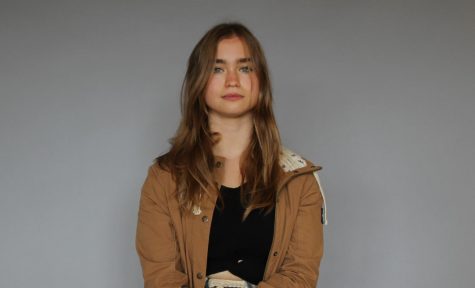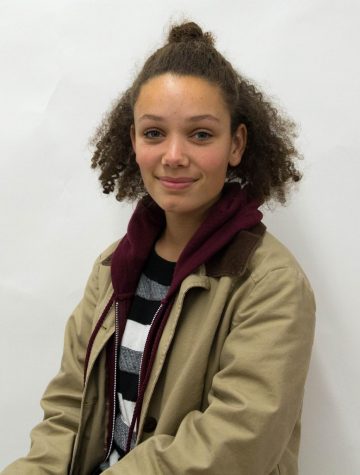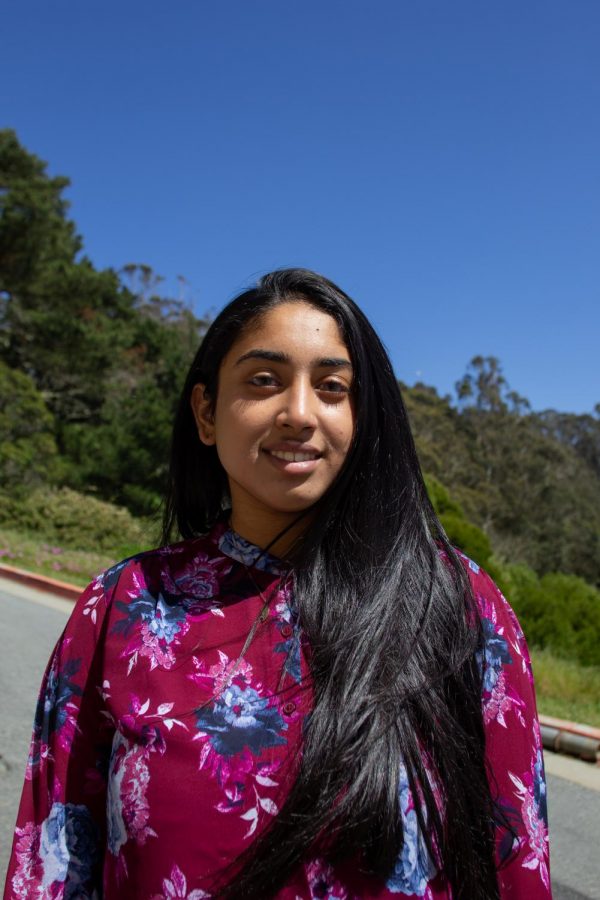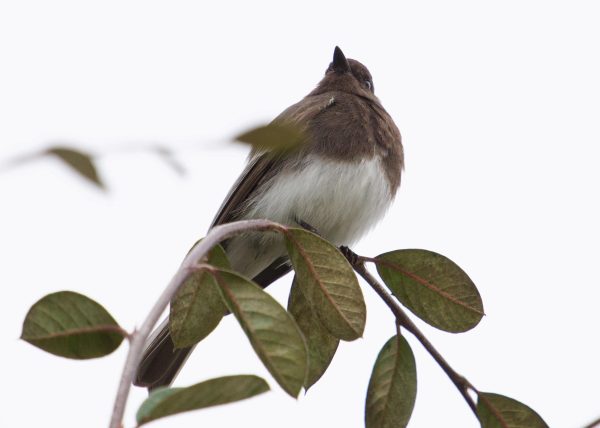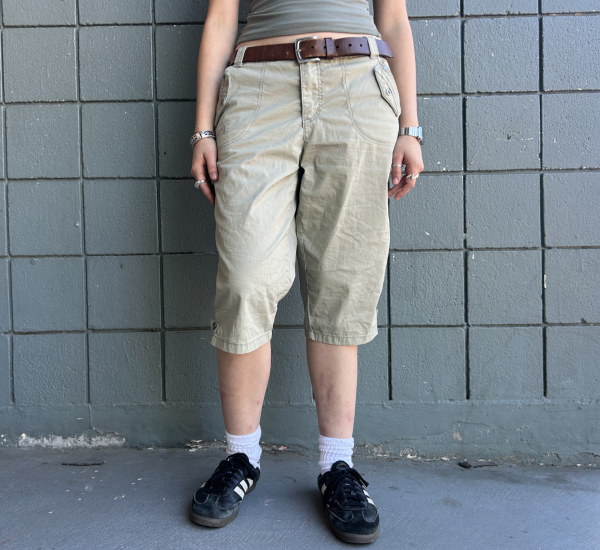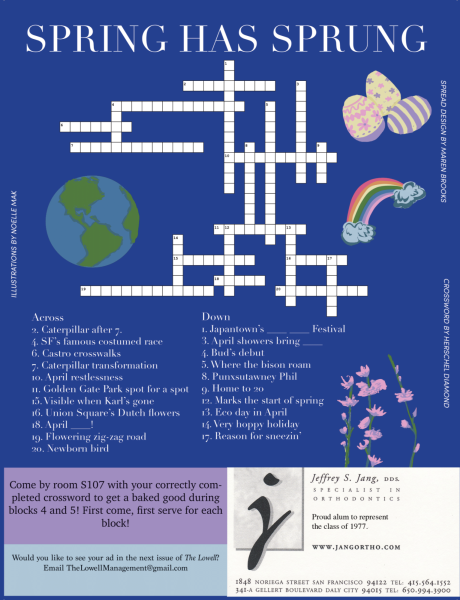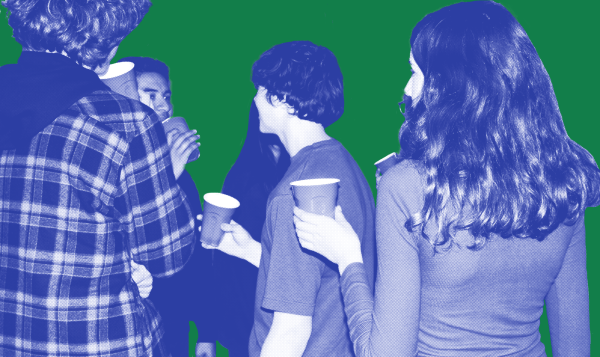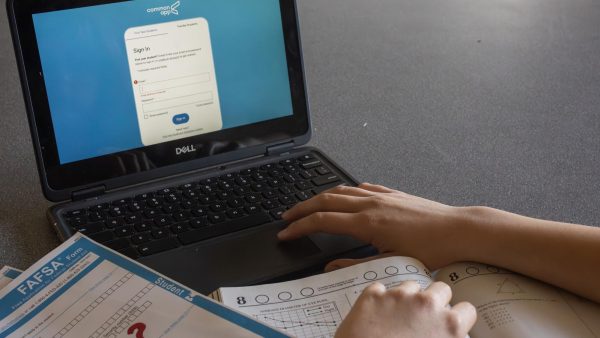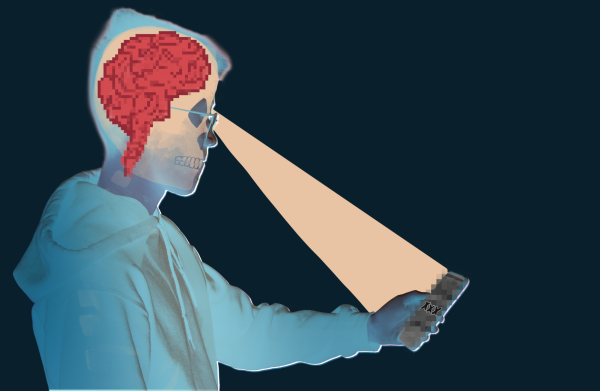New Zealand tragedy strikes close to home
Senior Shaniyah Wadiwala believes that being open about her culture will allow others to learn more about Islam and disprove stereotypes of Muslims in media.
This could have happened anywhere.
Senior Shaniyah Wadiwala was reviewing for her AP Government class when she first heard about the shootings at two mosques in Christchurch, New Zealand that left 49 people dead in March. Wadiwala and her family were overcome with shock and sorrow while fellow practitioners were attacked. As her parents watched the onslaught of videos, they became terrified a shooting would happen the next day, only this time at their mosque.
Following the New Zealand shooting, drastic changes to security at Wadiwala’s mosque happened overnight. When her father and younger brother went to the Friday prayer the following day, the mosque had increased their members’ safety with guards posted at the doors. The mosque is more cautious about allowing strangers to enter while prayer is in session. “They have been keeping more secure watch and they have been very secure about letting people in lately. Usually [the mosque] is always open, but now they’ve decided to keep the doors locked most of the time,” Wadiwala said.
What happened in New Zealand is not just affecting the security at Wadiwala’s mosque. These attacks have made her and her family feel unsafe on a day-to-day basis. Wadiwala noticed that there has been a significant change in her parents’ sense of safety and security. “[My parents] realized that they can’t really do things in life anymore,” Wadiwala said, “They’re really scared. They are not saying we shouldn’t openly practice our region, but they are kind of scared to open up about it now.” She is especially worried for her mother, who wears a hijab as part of her practice, because people have said racist and xenophobic things to her before the shootings.
The shootings are cemented into Wadiwala’s mind, as the facts of these attacks became more real with each passing day. When she and her classmates talked about the shootings in the days after, she was still in shock. Wadiwala was focused on her family’s safety and the violence that had been waged on her culture. “I was really scared at that time. I was like, “Oh, what if this happens right now?’ I didn’t really know what to think,” Wadiwala said.
It took time for initial shock to be replaced with the harsh reality of what had happened. The details have not left with the passing of time. If anything, they have become more cemented. “The fact that [the shooter] got the urge to record this whole thing has been really stuck with me,” Wadiwala said, “I don’t know, it’s just too hard to think about too. The video just keeps replaying in the back of my head all the time. It’s just really hard to think about.
Though the attacks were meant to instill fear in people practicing Islam, the incidents have actually sparked a feeling of solidarity among members of the Islamic faith. After the prayer, the mosque opened their doors to the neighborhood, letting both members of the mosque and neighborhood members leave flowers, notes, and small donations. This experience gave the mosque a rare opportunity to inform their neighbors about Islam.
The attacks may have been far away from Wadiwala, but they struck close to home, even changing her views on her religion. Despite the fear that Wadiwala’s family has about openly practicing their religion, she now feels more motivated to express her faith. She wants to answer people’s questions about Islam, knowing that they usually come from a place of curiosity and a desire to learn more about the religion. The current social and political climate towards Muslims is hostile and prejudiced, but for Wadiwala this fact is more of a reason to be open about being Muslim. “Even though all these things are happening, I don’t think it’s going to stop me from expressing my religion,” Wadiwala said, “I think it’s just because people are always looking at us differently so we need to show it, we need to show that we are proud of it and that this is not what it’s portrayed like in media.” She feels that being open about practicing Islam will show potential attackers that she is not afraid about expressing her religion and make Muslims a less likely target.
While the shootings were terrible tragedies, they sparked solidarity among the communities Wadiwala is involved with who expressed their support in the wake of the attacks. According to Wadiwala, mosques all around the Bay Area held prayer sessions for the victims the Friday after the attacks. “At most of the mosques there had been prayers the next day for the victims and a lot of people have been leaving notes. At my mosque that I go to, they recently just had an open house to invite everyone in and let them know about our religion,” Wadiwala said. She has seen support outside of the Muslim community on social media with people posting their sympathies with hashtags such as #prayfornewzealand. “A lot of people have left flowers and have been giving support. On social media everyone has been posting about it and asking a lot of questions,” Wadiwala said. Wadiwala has also seen support and unity from classmates towards the victims of the shootings.
Staying strong after such an attack is hard, but it is instrumental in getting past these tragedies. For Wadiwala, the media’s focus on the victims of the attacks instead of the perpetrator caused people to pay more attention to the victims in Christchurch, New Zealand. She has seen increased awareness related to Islamophobia along with a higher degree of interest in the culture of Islam. Wadiwala thinks this desire to understand will lead to disproving the stereotypes of Muslims in the mass media. As for the victims, Wadiwala wishes for them to stay strong, be fearless and remain proud of their culture and religion. “I would tell them to not be afraid of expressing our religion and just keep doing what we normally do every single day without fear,” Wadiwala said. “Because the more fear that we show the more it’s going to make us susceptible to everything happening to us.”
